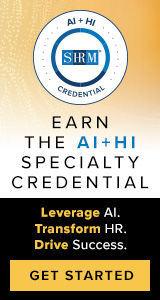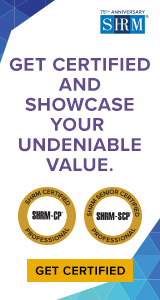Members of the Illinois Chamber/ELC Unemployment Insurance Committee
To: Members of the Illinois Chamber/ELC Unemployment Insurance Committee
As of last Friday, the Illinois Department of Employment Security (IDES) issued an emergency rule (attached) along with a Q & A document (IDES). The emergency rule addresses UI eligibility based upon a claimants availability for work, ability to work and active search for work due to the COVID 19 virus.
The issue of chargeability to an employer’s experience rate is not addressed in the emergency rule and likely will need to be clarified through legislation. The Illinois Chamber and other business groups are pushing for such a change when the General Assembly returns to Springfield. I believe the legislature and the Governor will agree with our position.
Also attached is the US Department of Labor Guidance to UI state agencies. The Guidance provides the following UI issues related to COVID-19:
- Determining whether an individual is "unemployed";
- Determining if the individual is able to work, and actively seeking work;
- Examples for assessing UI eligibility;
- Employer charging, with consideration for impact on trust fund solvency;
- Impact of eliminating the waiting week,; and
- Promotion of "Short-time" Compensation.
We also are monitoring action of the US Congress and the passage of HR 6201. HR 6201 was approved by the US House of Representatives but awaits action of the US Senate. As approved by the House, HR 6201 provides $1 billion in 2020 for emergency grants to states for activities related to processing and paying unemployment insurance (UI) benefits, under certain conditions.
$500 million would be used to provide immediate additional funding to all states for staffing, technology, systems, and other administrative costs, so long as they met basic requirements about ensuring access to earned benefits for eligible workers. Those requirements are:
• Require employers to provide notification of potential UI eligibility to laid-off workers;
• Ensure that workers have at least two ways (for example, online and phone) to apply for benefits;
• Notify applicants when an application is received and being processed and if the application cannot be processed, provide information to the applicant about how to ensure successful processing.
States would be required to report on the share of eligible individuals who received UI benefits and the state’s efforts to ensure access within one year of receiving the funding. The funding would be distributed in the same proportions as regular UI administrative funding provided through annual appropriations.
$500 million would be reserved for emergency grants to states which experienced at least a 10 percent increase in unemployment. Those states would be eligible to receive an additional grant, in the same amount as the initial grant, to assist with costs related to the unemployment spike, and would also be required to take steps to temporarily ease eligibility requirements that are limiting access to UI during the COVID-19 outbreak, like work search requirements, required waiting periods, and requirements to increase employer UI taxes if they have high layoff rates. Depending on the state, those actions might require changes in state law, or might just require changes in state policy. This section also provides temporary federal flexibility regarding those UI restrictions which are also in federal law. HR 6201 soon as we have
If you have any questions feel free to reach out to me.
Jay Dee F. Shattuck, CAE
President
Shattuck & Associates Consulting, Inc.
600 S. 2nd Street, Suite 403
Springfield, IL 62704
217-544-5490
http://www.shattucklobbying.com/. Click or tap to follow the link." style="border: 0px;">www.shattucklobbying.com







